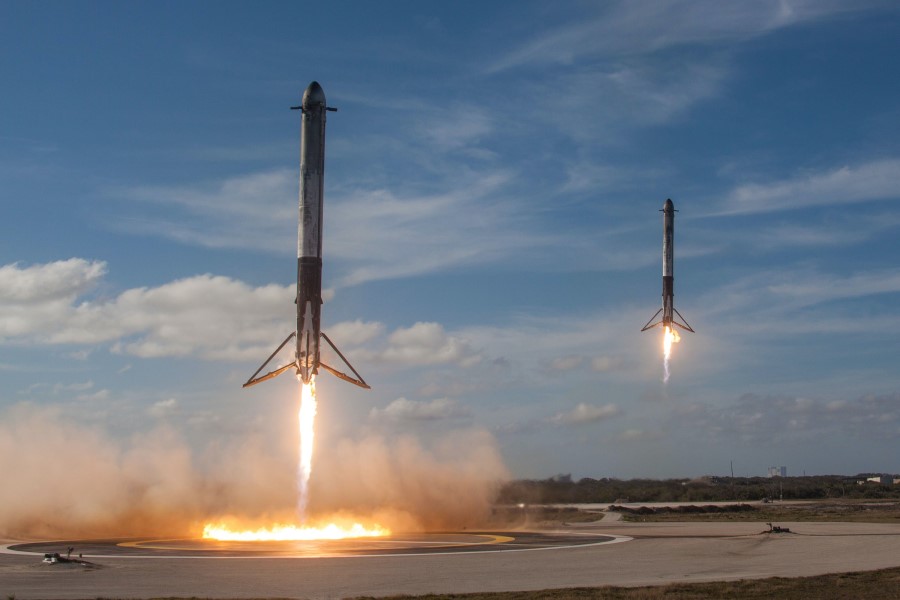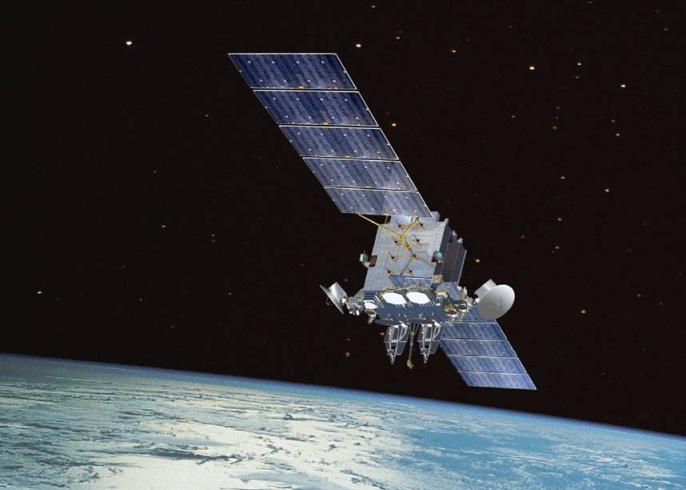
Chloe Billing discusses the Midlands Space Cluster project, which aims to propel the region's space capabilities forward and establish a dedicated cluster in the region.
The United Kingdom’s space sector is experiencing a resurgence, marked by an era of rapid growth and groundbreaking innovation. At the recent UK Space Conference, it was stressed that this continued growth and success is dependent on the development and utilisation of regional space clusters. These clusters are vital for fostering a robust national ecosystem and providing a platform for continued national discoveries and achievements in the space sector. The Space Cluster Development Programme represents a cornerstone in steering this growth and is helping to fund 15 regional space clusters across the UK.
The clusters provide local support programs and platforms for knowledge sharing, collaborative opportunities, event access, and centralised guidance for space companies in exploring new sectors like financial services and agriculture. This diversification of the space industry’s portfolio presents opportunities for collaboration between sectors and government entities, fostering substantial growth prospects.
Space-based applications are an enabling technology that ‘touches’ nearly every other industry. Therefore, an important role of the clusters is also to bridge opportunities and connect expertise across different sectors, creating an interconnected network and encouraging cross-sector collaborations. They are developing cross-sector proof of concept funds and collaborative approaches, highlighting the significance of breaking barriers and maximizing collaborative potential within these clusters.
Midlands Space Cluster
The Midlands Space Cluster project, facilitated by a £6.5 million funding allocation from the UK Space Agency, aims to propel the Midlands’ space industry forward and establish a dedicated space cluster within the region. This initiative involves collaboration among key stakeholders from the Midlands Innovation Space Group, including the University of Leicester, University of Birmingham, University of Nottingham, Midlands Aerospace Alliance, and the Manufacturing Technology Centre (MTC).
It is follow-on funding from the ‘Local Space Cluster Development Support Programme’ that City-REDI led on the West Midlands Space Cluster in 2021. The decision to unite the growing cluster activities in both East and West Midlands will strengthen the region’s space economy by harnessing the collective expertise of 900 academic, research, and technical staff.

City-REDI’s role in the project
The foundation for nurturing these clusters lies in mapping existing expertise and identifying untapped market opportunities, laying the groundwork for a thriving ecosystem. City-REDI is a partner on the project and our work involves conducting a comprehensive review to evaluate the region’s capabilities and assets concerning space activity. This assessment encompasses both business and research perspectives, aiming to identify and leverage existing assets for supporting inward investment activities in the Midlands. The review will also pinpoint areas where collaboration with other organisations or regions could enhance value or where additional investment might be necessary to facilitate future activities in the Midlands. These clusters don’t operate in isolation; they synergize, sharing resources, knowledge, and expertise.
This blog was written by Dr Chloe Billing, Research Fellow, City-REDI / WMREDI, University of Birmingham.
Disclaimer:
The views expressed in this analysis post are those of the authors and not necessarily those of City-REDI / WMREDI or the University of Birmingham.
